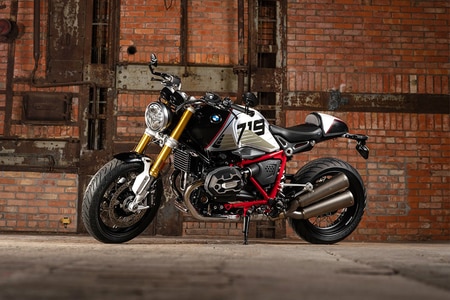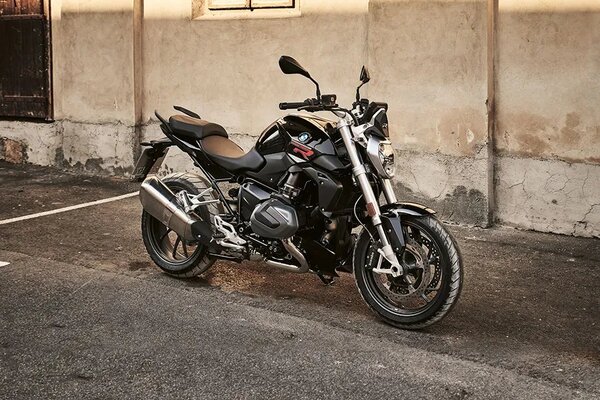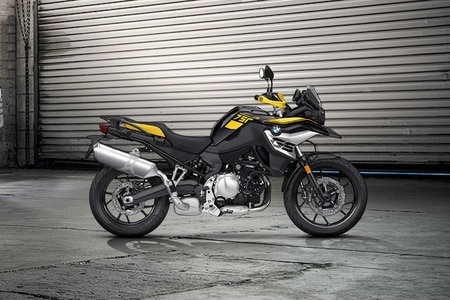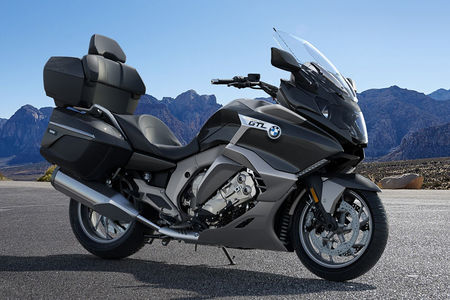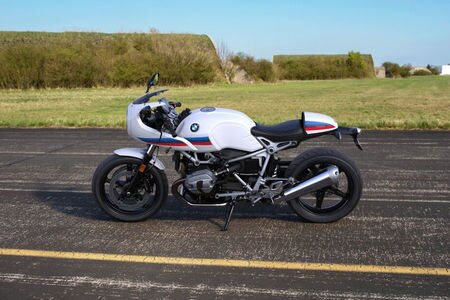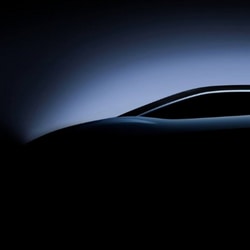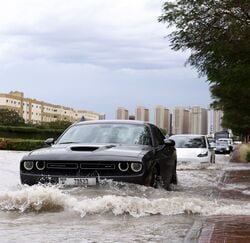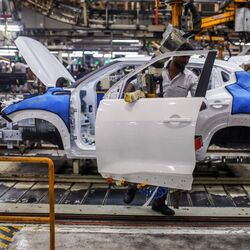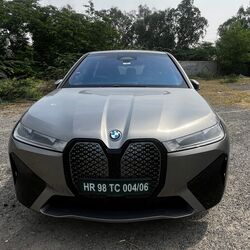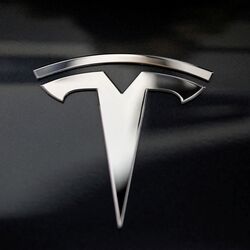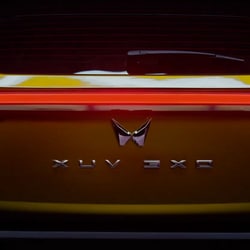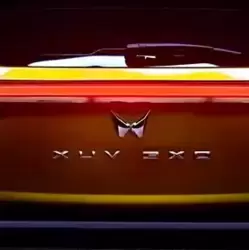BMW to transform its largest European site to produce EVs and automated vehicles
- The Dingolfing plant will be upgraded for pure battery-electric and autonomous models by 2021.
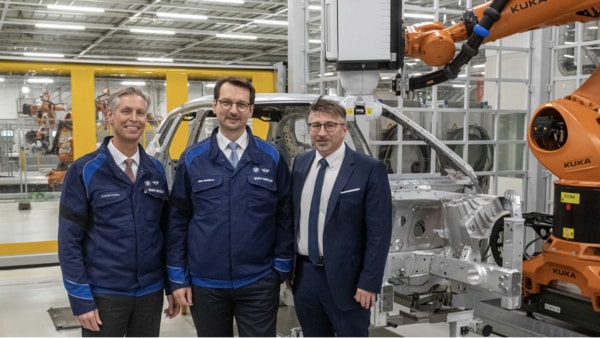

The BMW Group is investing around 400 million euros in the Dingolfing vehicle plant for the production of the BMW iNeXT.
With the start of the BMW iNeXT in 2021, the Dingolfing plant will be able to produce all-electric vehicles, plug-in hybrids and models with internal combustion engines on a single conveyor belt in the required mix.
Also check these Bikes
"With the flexible production structures, we are optimally equipped for a wide variety of market requirements in our plants," says Milan Nedeljkovic, CEO of BMW AG for Production.
"We are confident that there will not be one solution to all of our customers' mobility needs in the years to come. Rather, we expect a mix of different forms of propulsion. "Even today, the share of plug-in hybrids, ie electrified vehicles, in the Dingolfing production is almost 10 percent. From 2021, the first purely battery-electric vehicle will be added to the BMW iNEXT.
With the current investments and construction measures, the Dingolfing plant is not just gearing up for the transition to e-mobility. It is also preparing for the series production of highly automated moving vehicles.
The construction of the three-storey assembly plant began in the summer of 2018.
The Dingolfing plant is one of the BMW Group's 31 production sites worldwide and the Group's largest European production facility. Every day, around 1,500 cars of the BMW 3 Series, 4 Series, 5 Series, 6 Series, 7 Series and 8 Series are produced at the Dingolfing Automotive Plant 2.4. In 2018, the plant produced a total of almost 330,000 vehicles. Currently, around 18,000 employees and 800 apprentices are employed at the Dingolfing location.







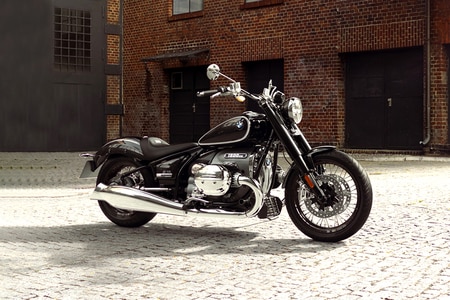
 1802.0 cc
1802.0 cc 17.8 kmpl
17.8 kmpl